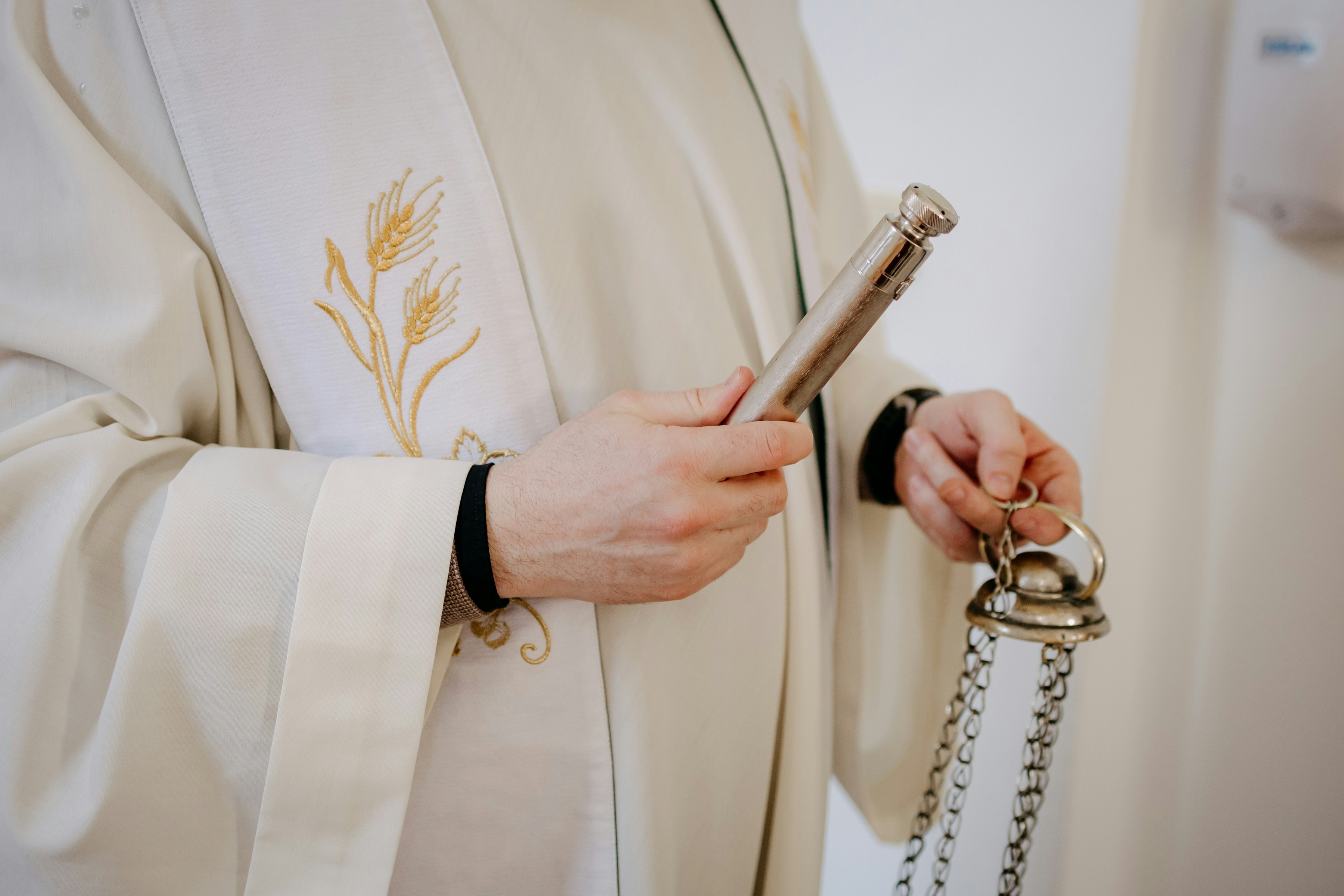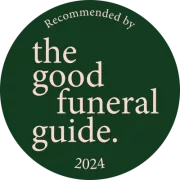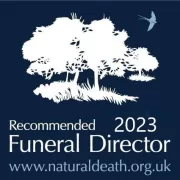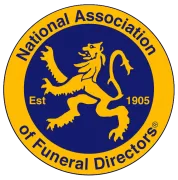Interesting Funeral Traditions in the UK

Funerals in the UK are steeped in tradition
Funerals in the UK are steeped in tradition, shaped over centuries by faith, folklore and a deep sense of community. While every funeral is deeply personal, there are many symbolic details people may not realise have long-held meaning - some subtle and some quite striking.
Take for example, a unique tradition involving members of the clergy. When an ordained minister dies, they are carried headfirst out of their home, into church and even to the grave. It’s a reversal of the usual feet-first practice and symbolises the priest continuing to lead their congregation, even in death. A small gesture perhaps, but one rich with meaning.
Across the UK and here in North Wales, many funeral customs quietly persist, where others have faded. In some churches, a bell would toll once for each year of a person’s life. Some still place a sprig of rosemary - a symbol of remembrance - on the coffin or grave. You might even hear of old superstitions, like the once common belief that coffins should be passed out through a window to ward off misfortune.
More locally, bilingual services are often an important part of honouring someone's life and reflect both the cultural and linguistic heritage of the person that has died. Welsh and English readings or hymns shared among the congregation can honour and identify with the community. Music holds a special place too; hymns like Calon Lân or Myfanwy regularly stir deep emotion, and the presence of a male voice choir can be incredibly powerful.

Hymns like Calon Lan or Myfanwy can stir deep emotion.
We also see modern elements blending with the traditional. It’s now common to personalise dress codes, asking mourners to wear a favourite colour or something joyful or to include keepsakes like wildflower seeds or memory cards for guests to take home. Photo boards, hand-written notes or even a particular scent in the room can all help tell a person’s story.
As fourth-generation funeral directors, we at Tom Owen and Son have the privilege of witnessing how customs evolve while still holding on to what matters most. Some families choose a fully traditional route; others opt for something more contemporary, or a combination of both. Our role is to support those choices - never to dictate - and help ensure each farewell reflects the unique life being remembered.
One of the most touching sights we still witness, especially on the roads of North Wales, is when we pass through a town or village in the hearse and men instinctively pause, remove their hats and bow their heads. It’s a quiet mark of respect that speaks volumes, often moving family members deeply. These small acts, often spontaneous, are a reminder that community, tradition and dignity still matter.
Ultimately, whether a service is held in a chapel, a woodland burial ground, a lawn cemetery or the local crematorium, the heart of it remains the same - remembrance, respect, and love. However traditions shift, that part never does.







